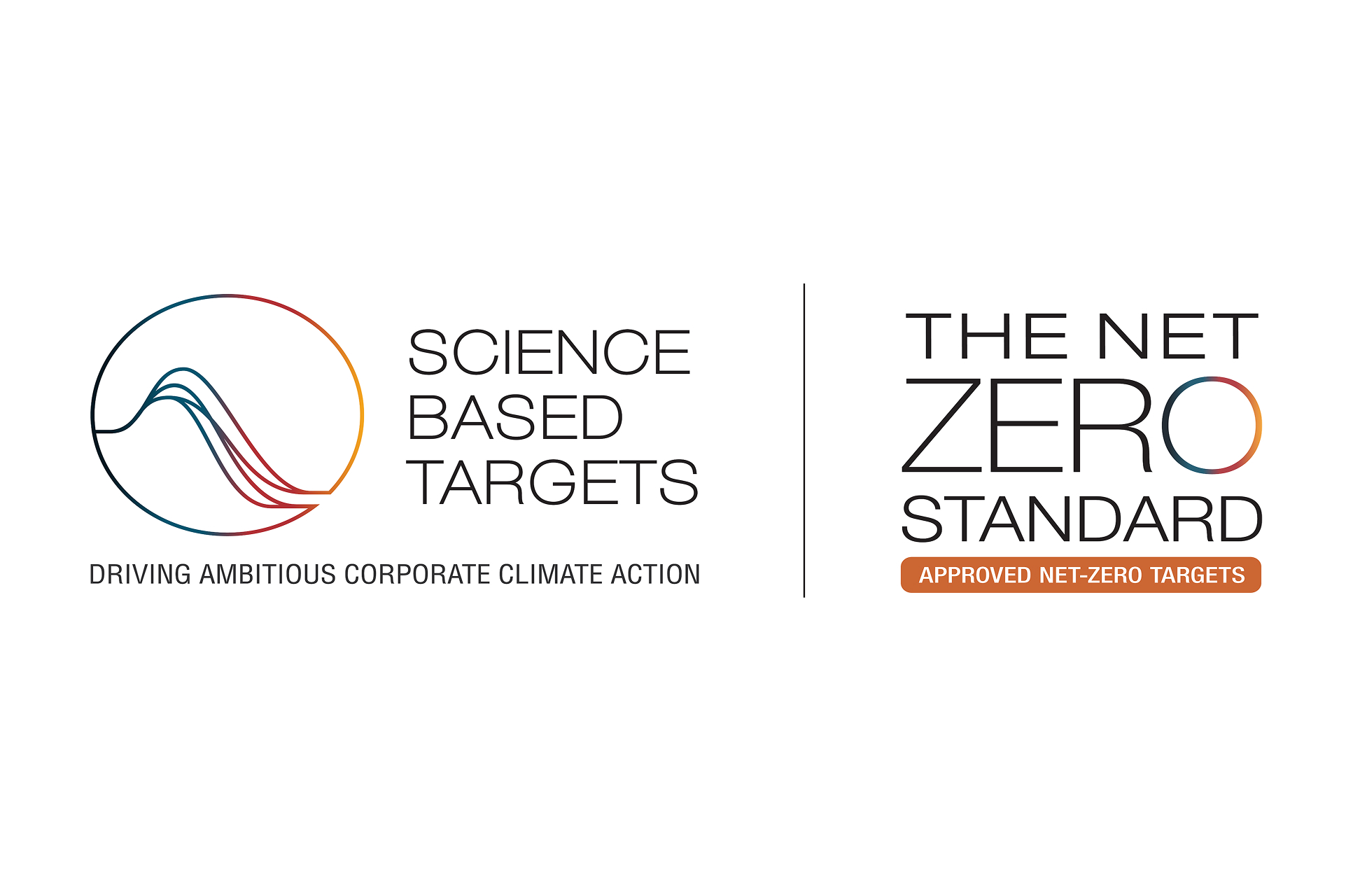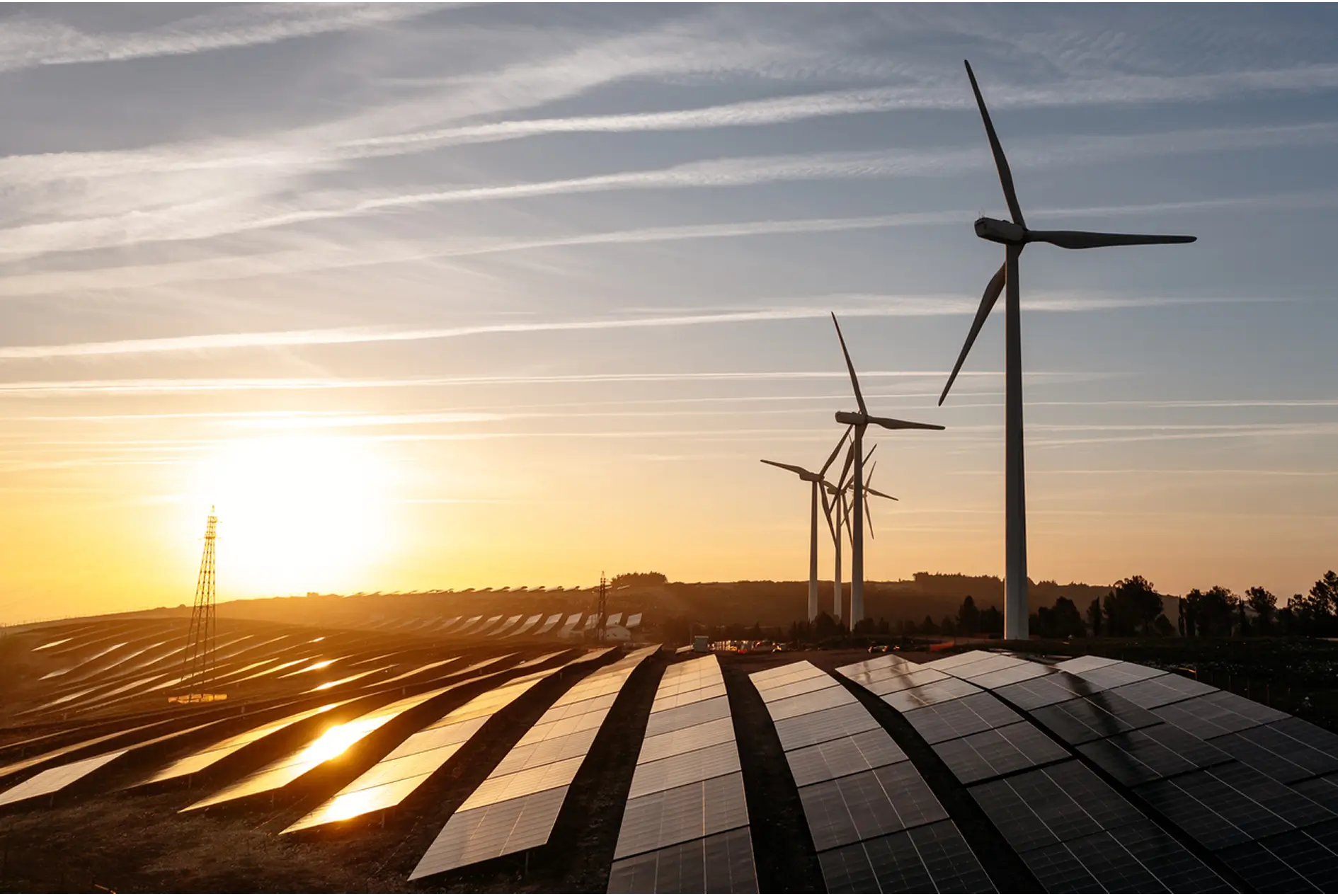
Climate change
No time to waste. The planet is getting warmer.
Current practices are having a significant impact on the globe and the way humanity has been living and producing is not sustainable.
2024 was the warmest year ever, with record-high CO2. We need to change it urgently.
For this reason, the Paris Agreement established the goal of limiting the global temperature rise to 1.5°C compared to pre-industrial levels, and making this happen requires increasing the current rate of decarbonization of the world economy by approximately five times.
It is undeniable the importance of the electricity sector in this progression.
Since the early 2000’s, EDP has been prioritizing its investments in renewable energy and is now one of the largest producers of clean electricity in the world, on the path to becoming a pure renewables player by 2030. We are committed to create a future where humanity and the planet can thrive harmoniously.
Our goals are ambitious and always focused on the choice we make for the planet.
SBTi: Scope 1 + Scope 2, gCO2e/kWh (% vs 2020)
SBTi: Scope 3, MtCO2e(% vs 2020)
% of renewables generation
Footnote:
Scope 1: Greenhouse Gas (GHG) emissions from sources EDP owns or controls.
Scope 2: GHG emissions from the generation of purchased electricity that is consumed in our owned or controlled equipment or operations, including power distribution losses.
Scope 3: Indirect emissions upstream and downstream of EDP’s value chain that are a consequence of our activities but occur at sources owned or controlled by another company.
Upstream categories - capital goods, transport and distribution, fuel and energy, waste, business travel, purchased goods and services, employee commuting.
Downstream - use of sold products (gas) and investments
Science based targets initiative
With targets validated by the Science-Based Target initiative (SBTi) under the Net Zero Standard, EDP is committed to reduce 90% of absolute emissions (direct operations and value chain) by 2040.
Accelerating our climate transition
Reducing GHG emissions is crucial to mitigate our action on the planet. EDP will do it by accelerating renewable energy and decarbonizing operations.
Built upon the commitment to become Net Zero by 2040, and as a result of the internal work by the Net-Zero Acceleration Task Force, in 2023 EDP put in place its Climate Transition Plan, marking a significant step towards a sustainable future.
Aligned with the Task Force on Climate-Related Financial Disclosures (TCFD), CDP (Technical Note on Reporting Transition Plans) and the UN's High Level Expert Group recommendations, the Plan sets the baseline of EDP's strategy for this decade under a broader pathway for a net-zero goal, identifies priority actions, and points out main challenges.
Collective efforts
Suppliers
Client solutions
Social impact
Global partnerships and dialogues to advance action
Acting beyond mitigation in the value chain
EDP’s Net Zero commitment approved by SBTi requires compensation of residual emissions by 2040 in line with the Net Zero Standard. By 2040 onwards EDP will need to offset residual emissions which cannot be mitigated, through carbon removals.
While international and national rules are not completely stabilised and credibility standards are taking shape, EDP is assessing the business strategy for offsetting residual emissions in line with the SBTi Net Zero Standard, to ensure that the use of carbon credits is done in compliance with the credibility and additionality requirements.
We value international agreements and initiatives
EDP´s commitment to the world is to achieve cleaner and greener energy. In addition to decarbonization, we are implementing measures to fight climate change, following the recommendations of the report by the Task Force on Climate related Financial Disclosures and adhering to numerous international initiatives that sustainability.

